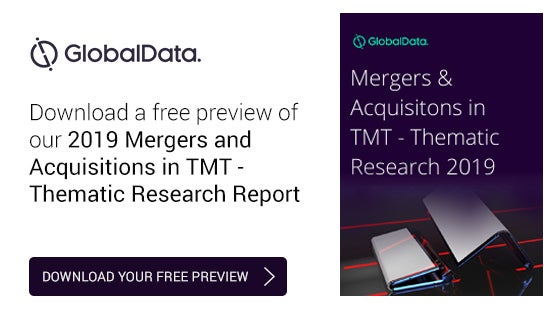DOWNLOAD WHITEPAPER
Aircraft Training Services for the Aviation Industry
Our mission is to provide excellent training to existing and potential aviation professionals and ensure they are knowledgeable and competent to properly perform their duties, add value to their employing organisations and become contributing members of the highly demanding (in terms of safety, quality and productivity), aviation industry.
Download to find out more.










